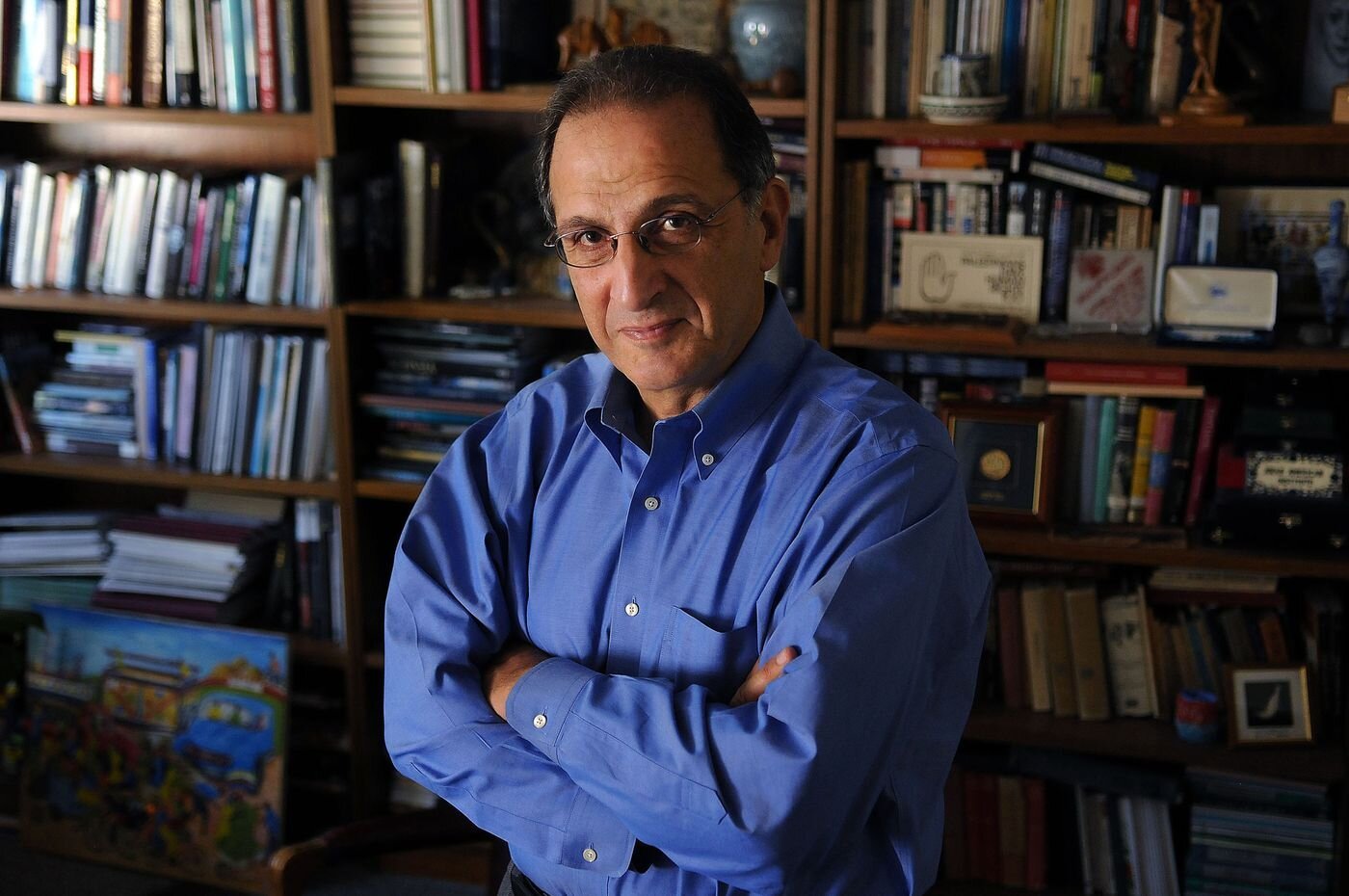Washington Watch Articles From 2009

The Evolution of the Acceptance of a Palestinian State
With Benyamin Netanyahu agreeing to a Palestinian State (albeit one that meets his specifications), and the European Union’s Javier Solana calling for a Security Council resolution to recognize a Palestinian state by a date certain, the idea has now become commonplace.

What Arabs Can Do to Support Peace
In 1991, as part of its overall approach to post-Gulf War peace-making, the Administration of George H. W. Bush secured an Arab agreement to suspend their secondary boycott against companies doing business with Israel, in return for an Israeli commitment to freeze settlements.
Iraq: What Must Now Be Done
On June 29th, in keeping with the timetable set by the US-Iraq Status of Forces Agreement, the US redeployed its combat forces out of major Iraqi cities—the first phase of a plan that should lead to a complete US withdrawal from Iraq by December 31, 2011.

Obama and Iran, Considered
During the 2008 election there was a television ad featuring a late night phone call on the White House hot line. “It’s 3:00 am,” the narrator said, “there’s a phone in the White House and it’s ringing, something is happening in the world…who do you want answering the phone?”

Can He Do It?
I am just returning from the Middle East, where, in the wake of President Obama’s Cairo speech, the victory of the March 14th Coalition in Lebanon, and the return of Senator George Mitchell to the region, some “brave” souls are allowing themselves to feel a bit hopeful. I say “brave” because, while there is widespread admiration for Barack Obama and appreciation for his spoken word, daring to have confidence in any US President or to believe that peace may be possible requires a “leap of faith.”

High Expectations forObama’s Speech in Egypt
Following on the heels of his meetings with a number of Middle East leaders, President Barack Obama is en route to Egypt where, on June 4th, he will deliver a much anticipated speech to the Muslim world.
Netanyahu: Master Maneuverer
In the days leading up to Israeli Prime Minister Benjamin Netanyahu's first visit to Washington, a mini-drama, of sorts, has been playing out.
Obama: Squaring the Circle on the Armenian Genocide
On April 24th, 2009, President Barack Obama issued a statement commemorating Armenian Remembrance Day—the day when Armenians worldwide recall the genocidal assault on their community that ultimately took the lives of 1.5 million in the post-WWI era.

First Impressions Count
One hundred days do not make a Presidency. But that didn’t stop the media circus that unfolded last week. Major networks and newspapers designed “one hundred day logos,” created “scorecards,” and devoted unending coverage to an evaluation of the President’s performance.
Democrats’and Republicans’Divergent Views on Israeli-Arab Peace
The American electorate is deeply divided on issues related to the Israeli-Palestinian conflict, with voters who backed Barack Obama and John McCain holding dramatically divergent views of the conflict, what should be done to solve it, and the role the U.S. ought to play.

Sour Grapes Poisoning the Well
In the weeks leading up to the Supreme Court decision ending the 2000 election, my brother, John Zogby, polled Democrats and Republicans, asking each whether or not they would respect the outcome of the contest and view as “legitimate” the presidency of either George W. Bush or Al Gore.

Obama’s European Odyssey
The Obamas' European Odyssey was a success – despite the predictable complaints of some US critics. The President and First Lady took the continent by storm, helping to rebuild America’s partnerships and restore America's image after several troubled years of decline.
Nuclear Nonsense
With the Strategic Arms Reduction Treaty (START) signed by the U.S. and Russia, a Nuclear Summit about to begin in Washington, and pressure mounting to rein in Iran's nuclear ambitions, a few troubling issues need to be addressed.

Bush’s Tortured Legacy
Two major stories, prominently featured in the Washington Post and the NewYork Times last Sunday, dealt with the Bush Administration’s use of torture. When combined, they raised several important issues.
Netanyahu:Then and Now
When Benjamin Netanyahu became Prime Minister in 1996, he ran on a platform dedicated to ending the Israeli-Palestinian peace process.

“From Belfast to Jerusalem:Lessons from Northern IrelandFor Israeli-Palestinian Peace”
On the day after St. Patrick’s Day, a panel was convened on Capitol Hill to discuss the lessons learned from the Irish peace process, and reflect on their applicability to the Israeli-Palestinian conflict. Titled, “From Belfast to Jerusalem,” the panel brought together: EU Ambassador to Washington, former Irish Prime Minister, John Bruton; Sarah Brophy, a former assistant to President Clinton; Irish Times’ Washington Bureau Chief, Denis Staunton; and Daniel Levy, a Senior Fellow at the New America Foundation.

The Settlement FreezeRuse II
While supporters of a two-state solution continue to insist that Israel freeze settlement construction in the West Bank, there is something quite maddening about this entire enterprise.

Clinton AdvancesMidEast Peace
Secretary of State Hillary Clinton’s recent Middle East trip was striking, by any measure. Despite grumbling by some in the Arab media for what they derided as her “excessive caution,” or claiming that she merely echoed the policies of the previous administration – some going so far as to mock her as “Condi Clinton” – her overall performance was significant and substantial.
“Arabesque”
Last Friday, the “Weekend” section of the Washington Post featured a cover story on “Arabesque: Art of the Arab World,” the Kennedy Center’s three-week-long festival of Arab arts and culture. There is no better way to begin a reflection on the program, than to quote the opening lines of the marvelous “Weekend” review by Ellen McCarthy. She wrote: